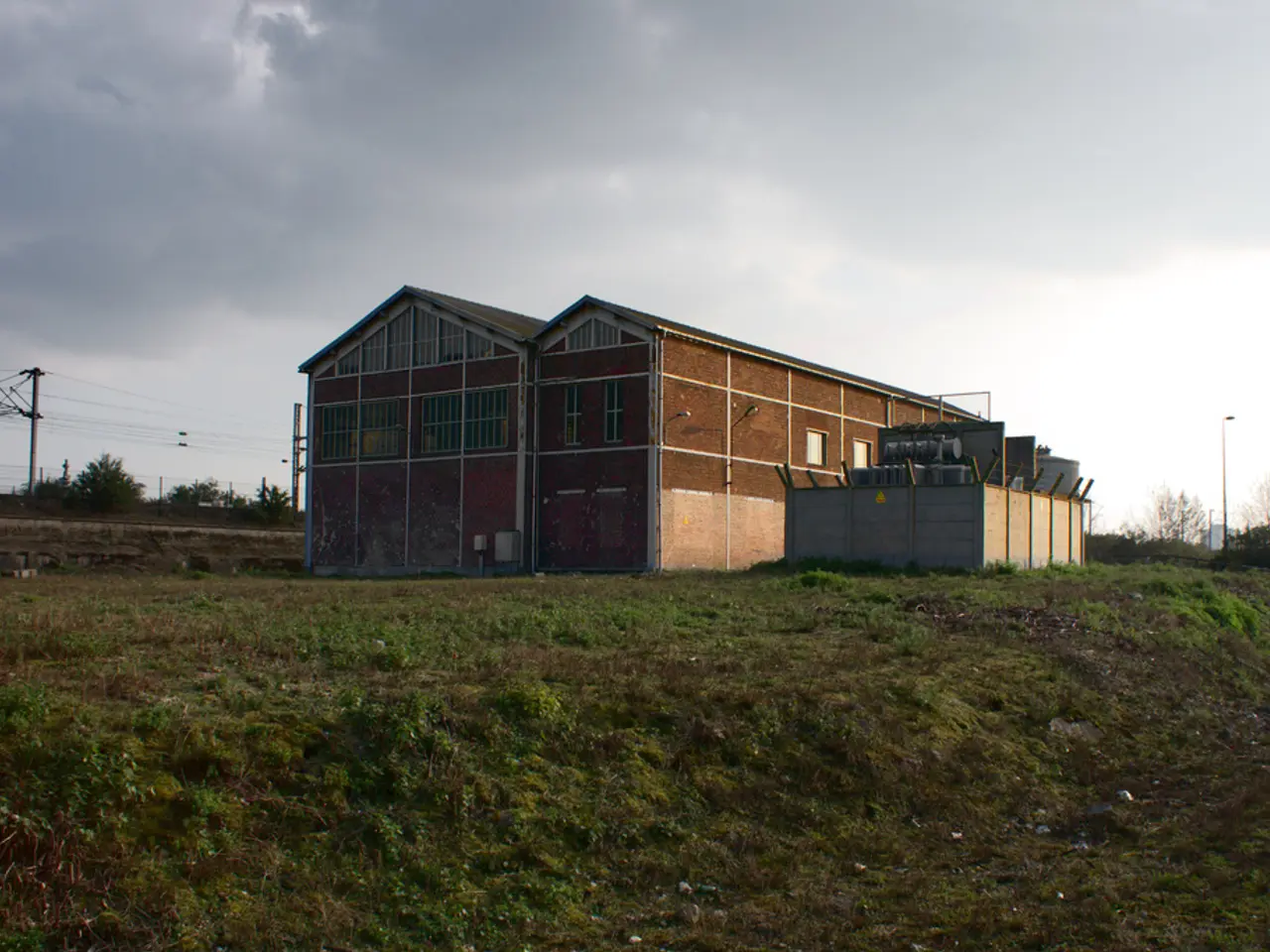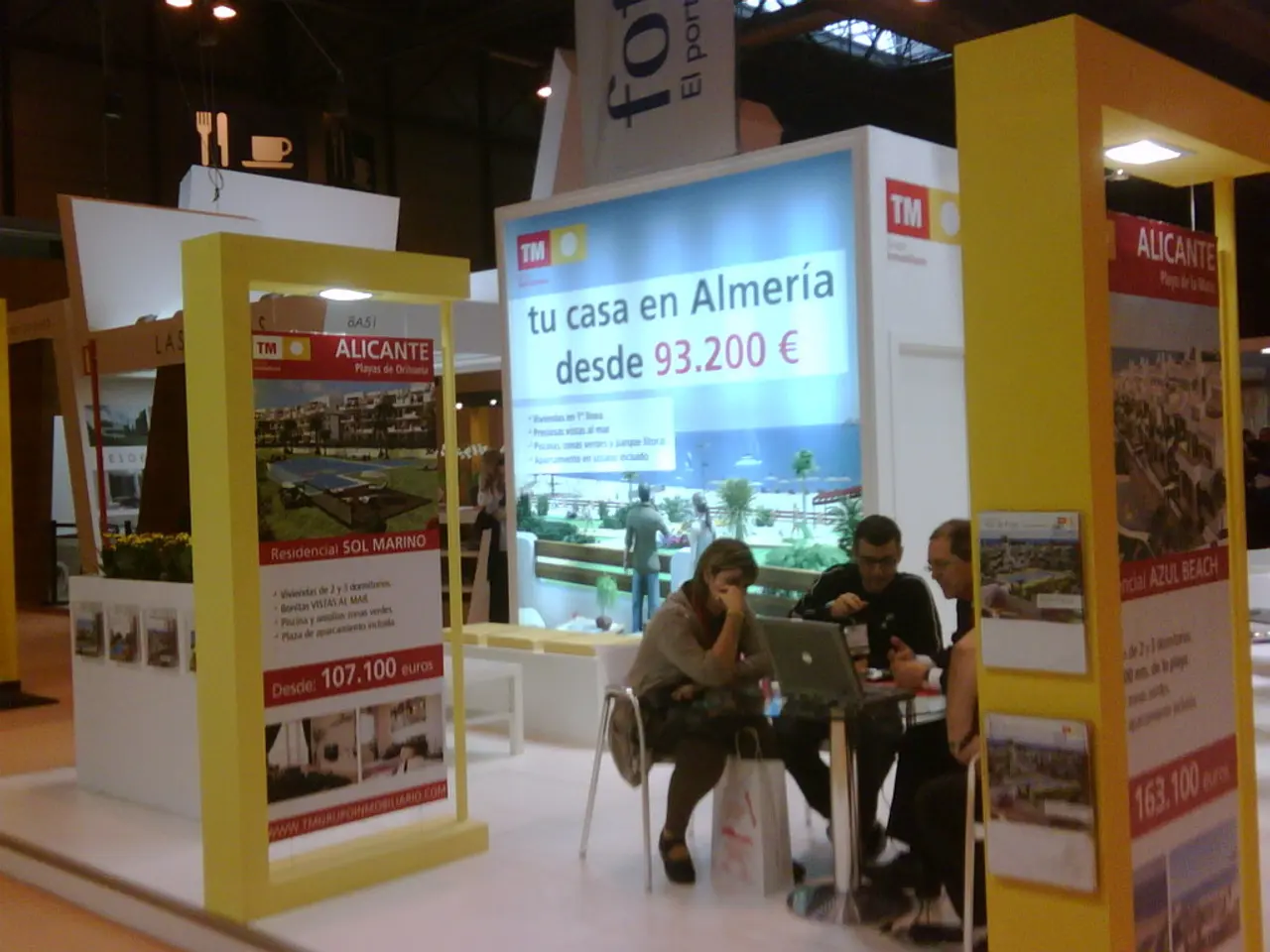VW affiliate reconsiders use of incinerators - "A decision has been made"
Audi, a leading automobile manufacturer, has announced a significant shift in its strategy regarding the phase-out of vehicles with internal combustion engines (ICE). The German company, once committed to ending ICE production by 2033, has now opted for a more flexible approach, with no fixed deadline for the cessation of ICE car development and sales[1][2][3][4].
This U-turn comes as Audi prepares to launch a new line-up of ICE and plug-in hybrid vehicles between 2024 and 2026. This range is intended to provide the company with the flexibility to continue ICE production and development for at least another 7 to 10 years, depending on market developments[1][2][3].
Gernot Döllner, Audi's CEO, has emphasized this newfound flexibility, explicitly rejecting the previous management's set deadlines. The company will continue to produce high-performance RS models with combustion engines, demonstrating a commitment to performance ICE cars alongside electrification[1][3].
The EU has set a deadline for the phase-out of new vehicles with ICE engines, starting from 2035. However, Audi's strategy reflects caution and flexibility without committing to strict phase-out dates, likely to adapt to regulatory or market changes. Despite the EU's 2035 ban, Audi is extending the ICE production timeline, possibly preparing for markets or segments where ICE vehicles could still be relevant or where plug-in hybrids remain compliant[5].
In addition to this, Audi is investing heavily in electrification and digitalization, with around €28 billion planned, mainly between 2023 and 2027. Despite this large investment in electric vehicles, the ICE segment will remain part of Audi’s portfolio for now[3].
Looking ahead, Audi will lead the Volkswagen Group’s development of hardware and software architectures for larger vehicles (A5 size and above), including the next-generation Scalable Systems Platform (SSP), which will enable ‘software-defined vehicles’ with advanced EV capabilities expected around 2027-2028[6]. A new all-electric model around the size of the Audi A3 is planned for 2026, but Audi does not plan to pursue ultra-entry-level EVs like Volkswagen’s ID.2[1][2].
In summary, Audi has abandoned any fixed end date for the production and development of ICE vehicles and is launching new ICE and plug-in hybrid models through at least 2026, with production potentially continuing into the 2030s. The company is balancing this with ongoing investments in electrification and new EV platforms to remain flexible given evolving regulations like the EU's 2035 ICE ban[1][2][3][4].
- Audi's decision to extend the production timeline of vehicles with internal combustion engines (ICE) is a strategic move to adapt to market developments, as they prepare to launch new ICE and plug-in hybrid vehicles up until 2026.
- Despite commitments towards electrification, Audi continues to invest in the ICE segment, indicating a dedication to both performance ICE cars and electric vehicles (EVs), positioning themselves as a leader in environmental-science and energy solutions within the automobile industry.
- The flexible approach of Audi echoes the challenges posed by climate-change, as the company navigates regulatory changes, such as the EU's 2035 phase-out of new vehicles with ICE engines, while ensuring financial sustainability through investments in both traditional and emerging EV technologies.




